Your pillowcase might seem like a minor detail in your nightly routine, but its impact on your hair health is surprisingly profound.
From affecting moisture retention to influencing hair breakage, the type of pillowcase you choose can make a significant difference.
Understanding these influences can help you make more informed decisions about your bedding choices, ultimately contributing to healthier, more vibrant hair.
Silk Pillowcases Reduce Friction
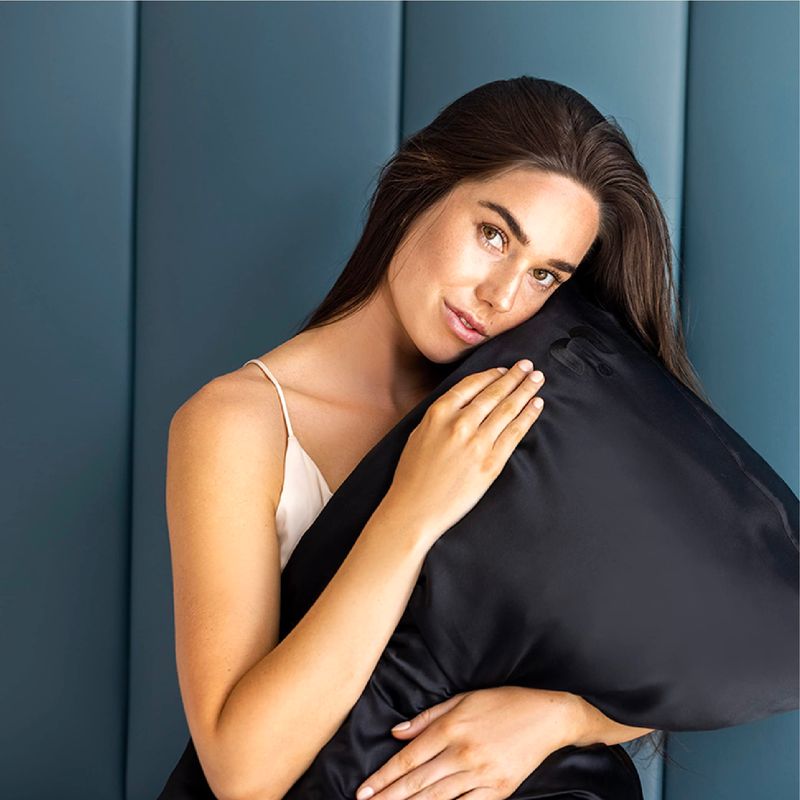
Ever noticed how your hair feels smoother after sleeping on a silk pillowcase? Silk pillowcases are renowned for their smooth texture, which reduces friction against your hair as you sleep.
This reduced friction minimizes the risk of hair breakage and split ends, leading to healthier, more manageable hair over time.
Unlike cotton, silk does not pull or snag your hair, allowing it to glide gently over the surface. Many people find they wake up with less frizz and tangles, making the morning routine quicker and easier.
Cotton Absorbs Moisture
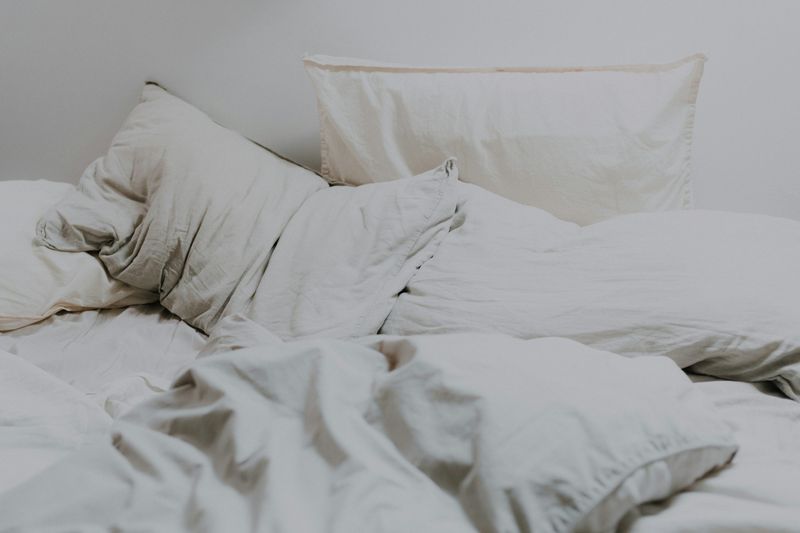
Did you know that cotton pillowcases can absorb moisture from your hair?
While this might be beneficial for removing excess oils, it can also lead to dryness and brittleness, especially for those with naturally dry or curly hair.
As cotton absorbs moisture, it strips your hair of its natural oils, which are essential for maintaining shine and elasticity. Consequently, this can lead to hair that is more prone to damage and breakage over time.
Satin Pillowcases Prevent Hair Damage
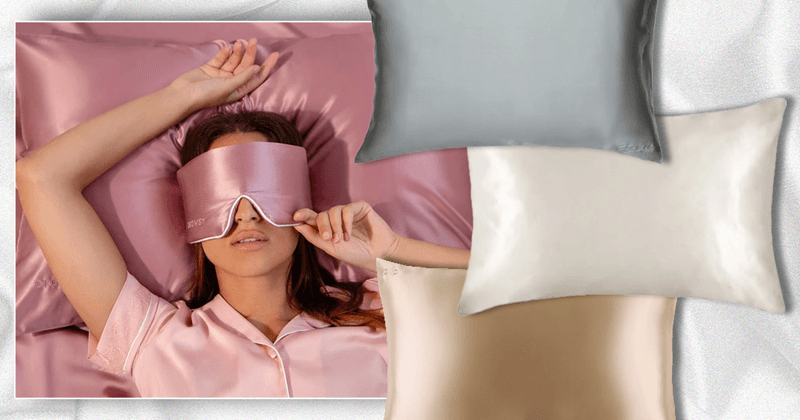
Satin pillowcases provide a sleek surface similar to silk, promoting smoother and shinier hair.
The reduced friction from satin prevents hair tangles and breakage, preserving hair integrity and promoting overall health.
Switching to satin can significantly reduce frizz, making it a favorite among individuals with curly or textured hair.
The gentle surface helps maintain your hairstyle longer, which can be especially beneficial after a fresh blowout or styling session.
Thread Count Influences Hair Texture
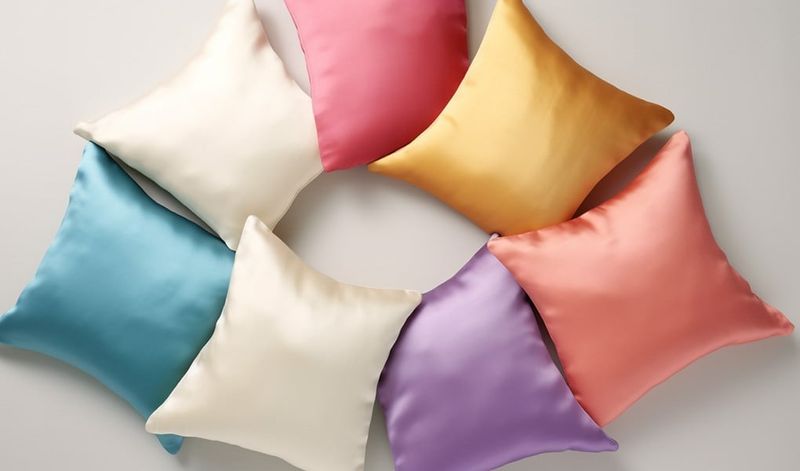
Ever wondered how pillow thread count affects your hair? High thread-count pillowcases offer a smoother finish, reducing friction on your hair as you sleep.
This can help prevent tangling and promote a sleeker hair appearance.
Lower thread counts may lead to a rougher texture, increasing the chances of hair damage due to friction.
Choosing a pillowcase with a higher thread count can contribute to smoother, shinier hair, enhancing your overall hair health.
Hypoallergenic Materials Reduce Scalp Irritation
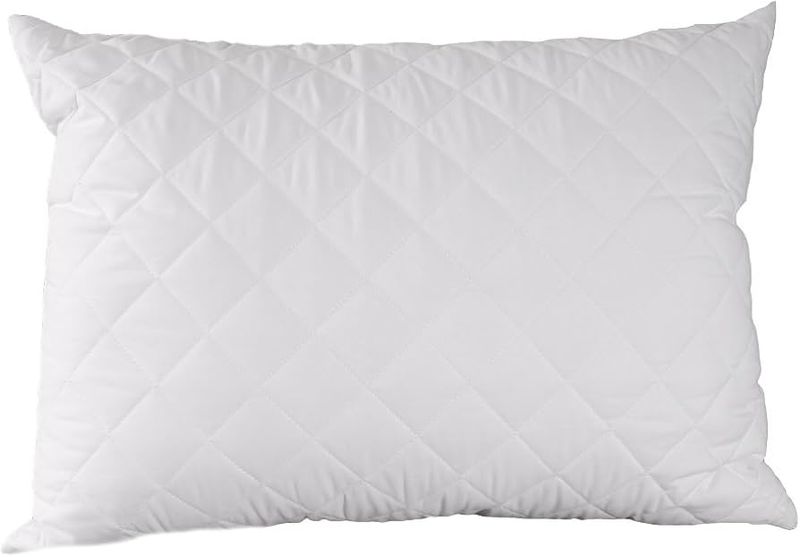
For those with sensitive scalps, hypoallergenic pillowcases can be a game changer.
These materials are designed to minimize allergens that can irritate the scalp and affect hair health.
Reducing exposure to allergens helps maintain a healthy scalp environment, which is crucial for strong hair growth.
Hypoallergenic pillowcases offer a clean and gentle surface, promoting a restful sleep and healthier hair over time.
Bamboo Pillowcases Offer Cooling Benefits
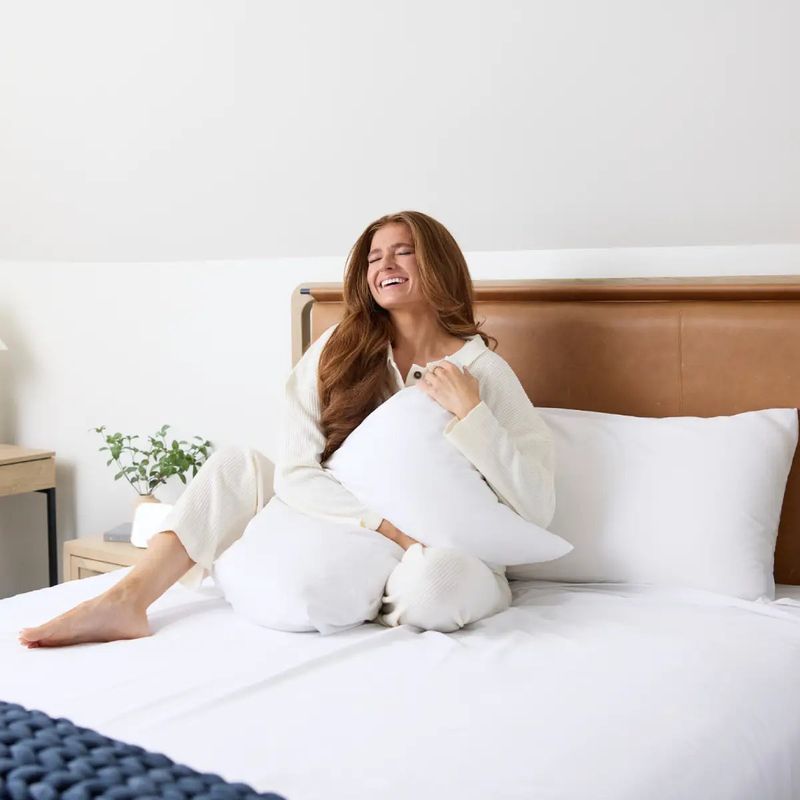
Bamboo pillowcases are gaining popularity for their cooling properties. If you often wake up with sweaty hair, bamboo might be your perfect match.
These pillowcases wick away moisture, keeping your hair dry and fresh throughout the night.
Bamboo’s natural breathability prevents overheating, which can cause sweat and subsequently affect hair texture and health. Its eco-friendly nature adds an extra layer of appeal for environmentally conscious individuals.
Microfiber Pillowcases for Affordable Care
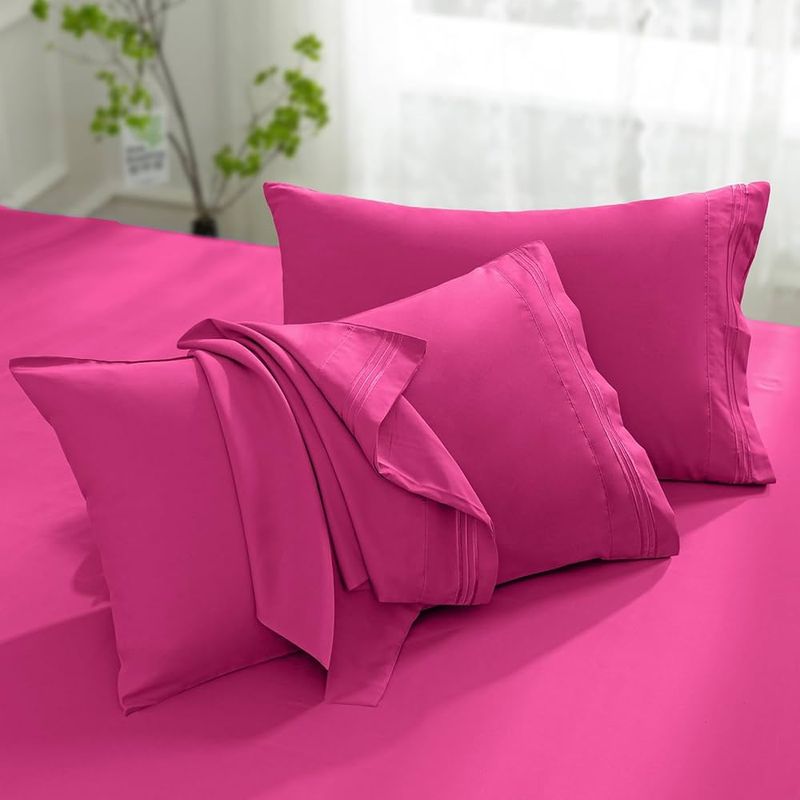
Microfiber pillowcases offer an affordable alternative to silk or satin, with similar benefits. The fine fibers create a smooth surface that reduces friction, helping to prevent hair breakage and frizz.
These pillowcases are particularly appealing for those on a budget, offering accessible care for hair health without sacrificing quality.
Microfiber’s quick-drying nature also makes it a practical choice for easy laundering and maintenance.
Organic Pillowcases for Chemical-Free Sleep
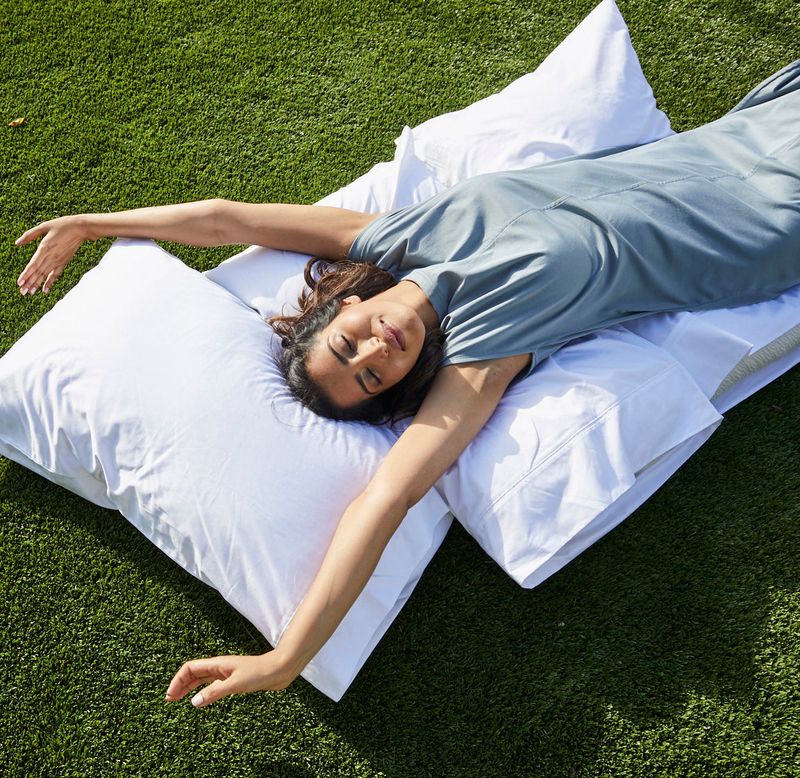
Organic pillowcases provide a chemical-free solution for those concerned about product safety. Crafted from natural materials without harsh chemicals, they offer a gentle touch for your hair and skin.
Choosing organic means reducing exposure to potentially harmful substances that could affect hair and scalp health.
These pillowcases promote a peaceful environment conducive to restorative sleep and healthier hair overall.
Flannel Pillowcases for Winter Warmth
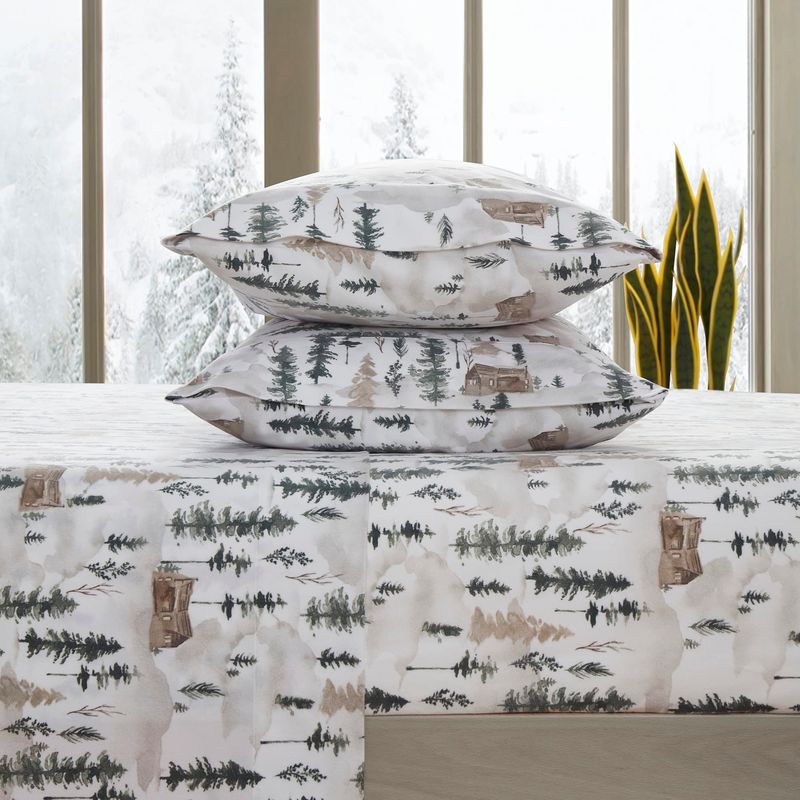
In the colder months, flannel pillowcases can provide extra warmth and comfort. However, they may not be suitable for everyone, as their texture can increase friction on the hair.
While flannel is cozy and inviting, it may contribute to hair tangling and breakage if not used carefully.
Balancing warmth with hair care requires attention to how these pillowcases interact with your hair type.
Tencel Pillowcases for Eco-Conscious Hair Care
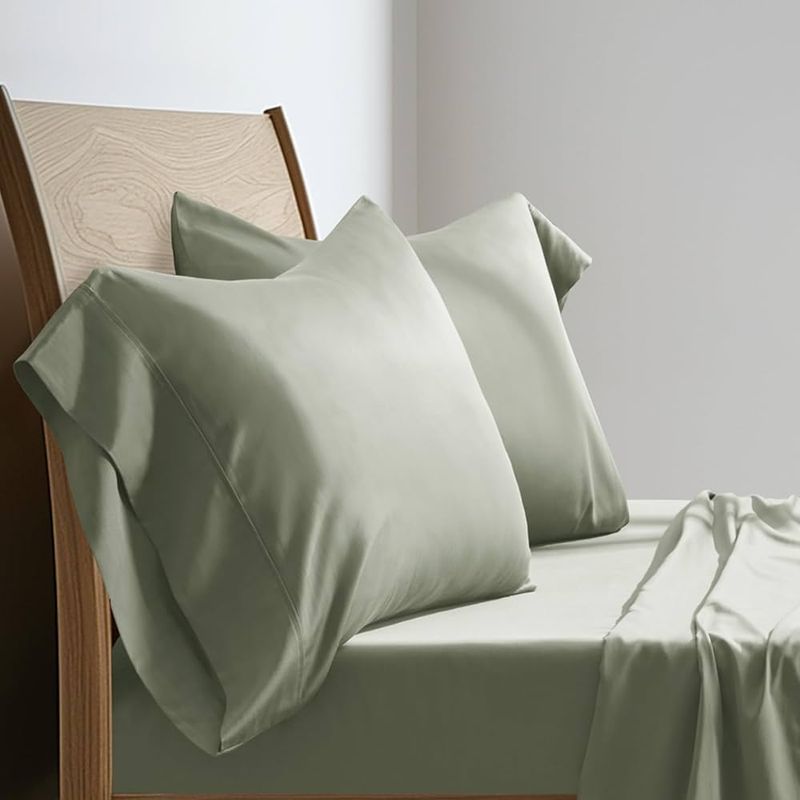
Tencel pillowcases are a sustainable choice for environmentally minded individuals. Made from wood pulp, they offer a soft and smooth surface that reduces hair friction and potential damage.
The eco-friendly production process and biodegradable nature make Tencel an attractive option for those looking to combine hair health with environmental responsibility.
This choice supports healthy hair while caring for the planet.
Velvet Pillowcases for Luxurious Sleep
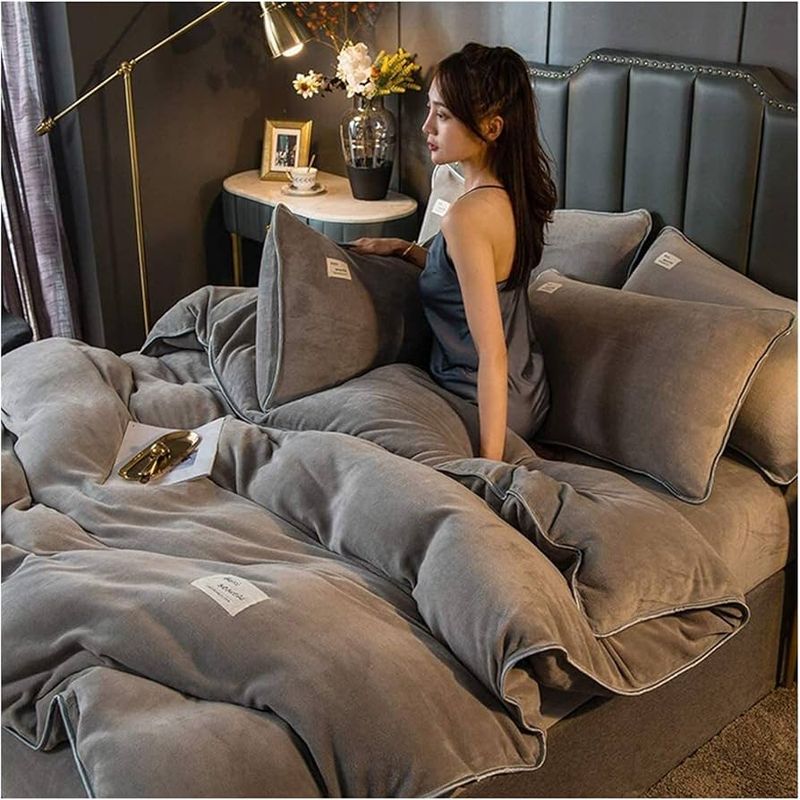
Velvet pillowcases bring a touch of luxury to your sleep routine. Their plush texture offers a unique surface that can enhance hair shine and reduce flattening, though they might not suit every hair type.
While velvet is undeniably indulgent, it requires careful maintenance to prevent matting and preserve its texture.
Choosing velvet can offer a lavish experience that pampers both your hair and senses.
Polyester Pillowcases: Pros and Cons
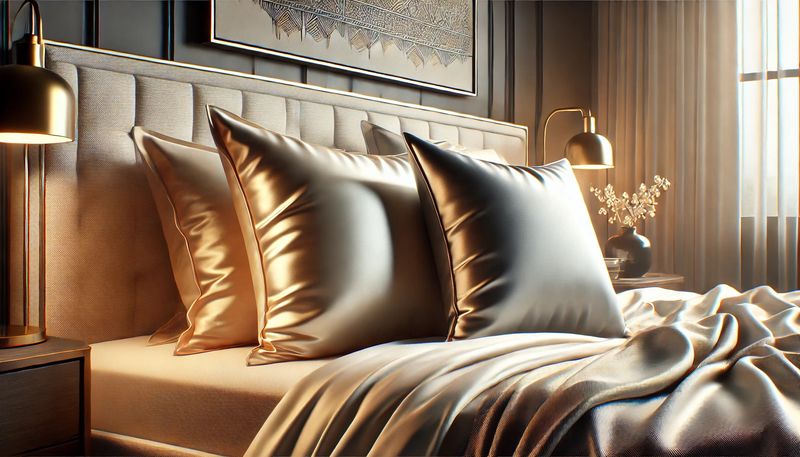
Polyester pillowcases are a common choice due to their affordability and durability. However, they can sometimes cause static and frizz, depending on hair type and environmental factors.
While they are easy to care for and come in a variety of styles, they may not be the best choice for those with frizz-prone hair.
Understanding how polyester interacts with your hair can help you make informed decisions about its suitability for your needs.
